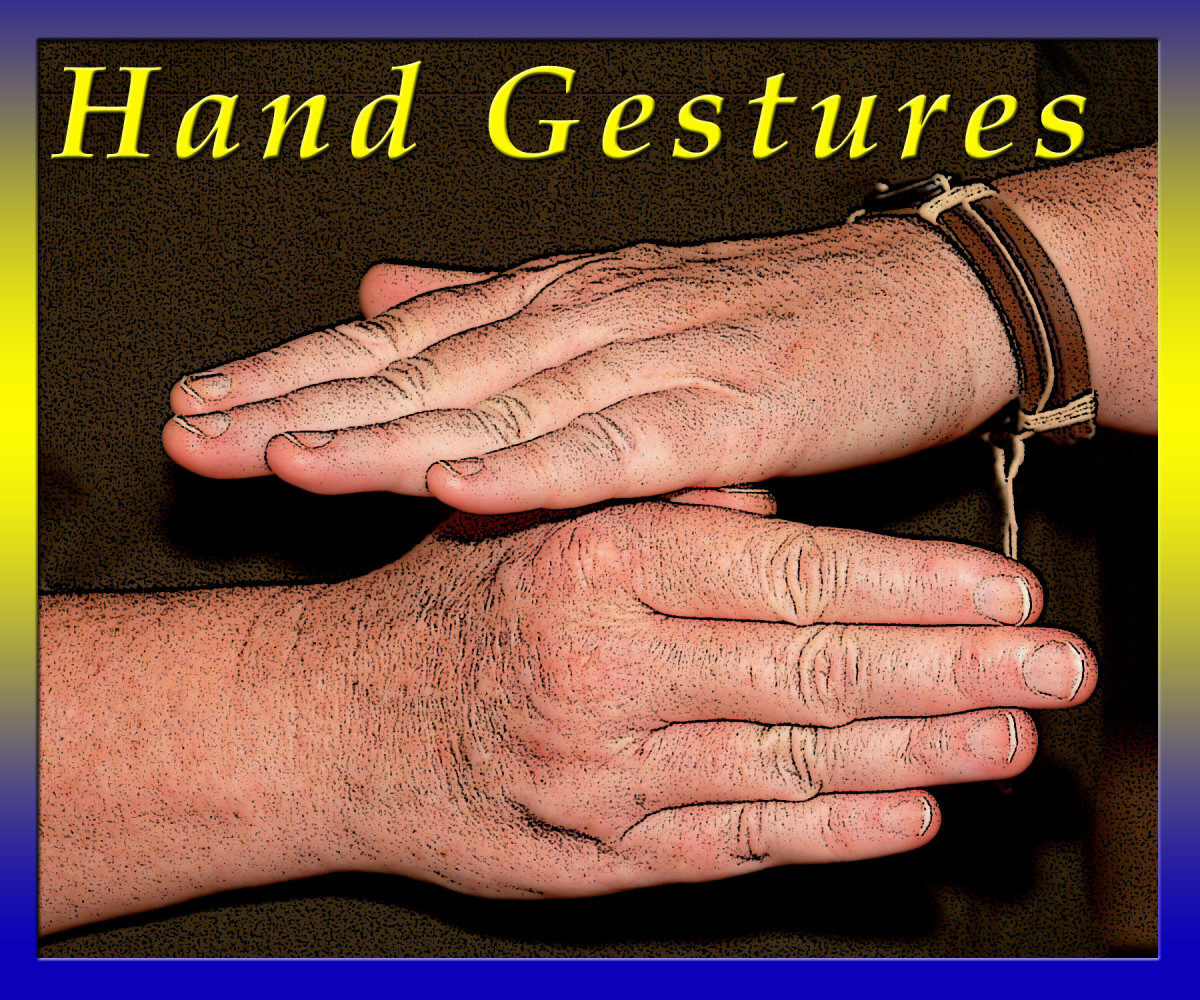How to be a successful therapist.
The golden rules ..
As a retired complementary therapist, and having had many therapies over the years, I felt it would be useful to those of you just training to give you the low down on what it takes to be a successful therapist. Being successful as a therapist is not just about being highly trained in your chosen discipline, there are a lot of personal attributes needed that are not on the training syllabus. Luckily it is fairly easy to train yourself ... once you are aware of what attributes will contribute to your ability to help others effectively and so achieve success.
1. Confidentiality.
One aspect that is emphasised in training, probably the most important aspect of all, is the need for confidentiality. So if you are a gossip you will either need to teach yourself to be discreet or choose another vocation. It is of paramount importance that all details of therapy treatments should be kept private; anything the client shares with you must be kept totally between you and them. If you breach that trust in any way and they find out you will never, ever regain it. And if you lose clients because you are indiscreet you will be unlikely to attract new ones. People are quick to sense a gossip.

2. Silence.
On the subject of gossip it is probably best to embrace silence as much as you can. If you are a counsellor or hypnotherapist of course you will need to talk but we all know the difference between cogent questioning and 'Going anywhere nice this weekend?' We've all seen the classic scene in films where a subject is undergoing psychotherapy and the therapist either just nods or sits in silence waiting for the subject to say more. Silence in these cases is a defined strategy designed to get the client to dig deeper into themselves, to talk through their problems. In more physical therapies it is best to confine your comments to asking whether the client is warm enough/comfortable/in pain etc. as silence here is needed as an aid to relaxation and subsequently, healing. Only by being silent can you hear what they are not telling you.
It must be said that you may meet clients who are unable to cope with silence and have to talk to fill the vacuum.These are usually the people who really need to learn to relax. One answer to this is relaxation music as this fills the uncomfortable (to them) silence and encourages them to listen and be silent, but it is important to be aware that not everyone is comfortable with pan pipes and whale song so it may be as well to ask if they are happy with the music. I found they rarely objected to it but it's as well to show consideration and ask them.
3. Empathy not sympathy.
It's important to know the difference between the two and to know that empathy is far more effective than sympathy. The dictionary definition of empathy is ' the ability to sense and understand someone else's feelings as if they were one's own '; the definition of sympathy is 'an understanding of other people's problems, compassion'. It's subtle difference I admit but empathy, the ability to put yourself in another shoes, has the edge in making an effective therapist although compassion for another person's suffering is always a good quality to have.
4.Embrace continuing professional development.
One of the most vital attributes for any successful therapist is the willingness to continue to improve the service they offer, to keep refreshing their knowledge of their therapy. Complementary therapies, like conventional medicine, are subject to constant change and progression. New ideas and theories lead to new discoveries and improved techniques. They are constantly adapting and being re-defined and a good therapist will make sure they are aware of, and preferably trained in, any new refinements in their particular field.
5.Enjoy what you do but avoid smugness.
Finally, enjoy what you do ... and why would you not, having chosen to do it. If you don't love the therapy you do, if you don't love helping people with it, then you really should not be doing it. Bald fact. Being enthusiastic is not all about waving your arms wildly, it's also about really believing in your skill to help others with the wonderful therapy you do. Loving what you do shows and prospective clients pick up on that; it is the ultimate seduction and leads to personal success. Just beware that you don't become smug about your ability to help. It does not make you better than other people, it does not mean you are more spiritual, it simply means you are useful.
Now you're ready to start your practice see my other hub on this subject: Tips on starting up a successful complementary health practice.








